Uncharted Zone
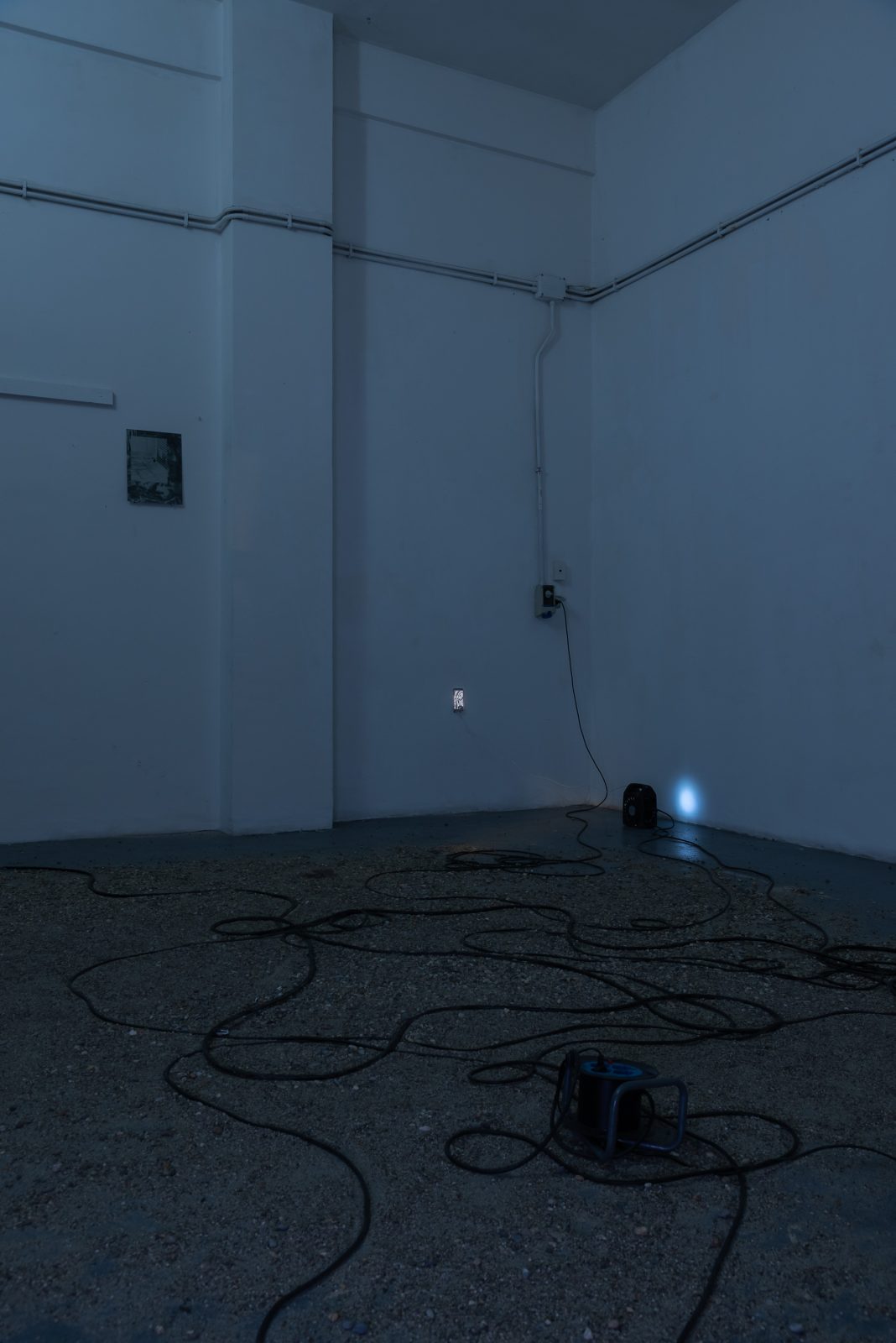
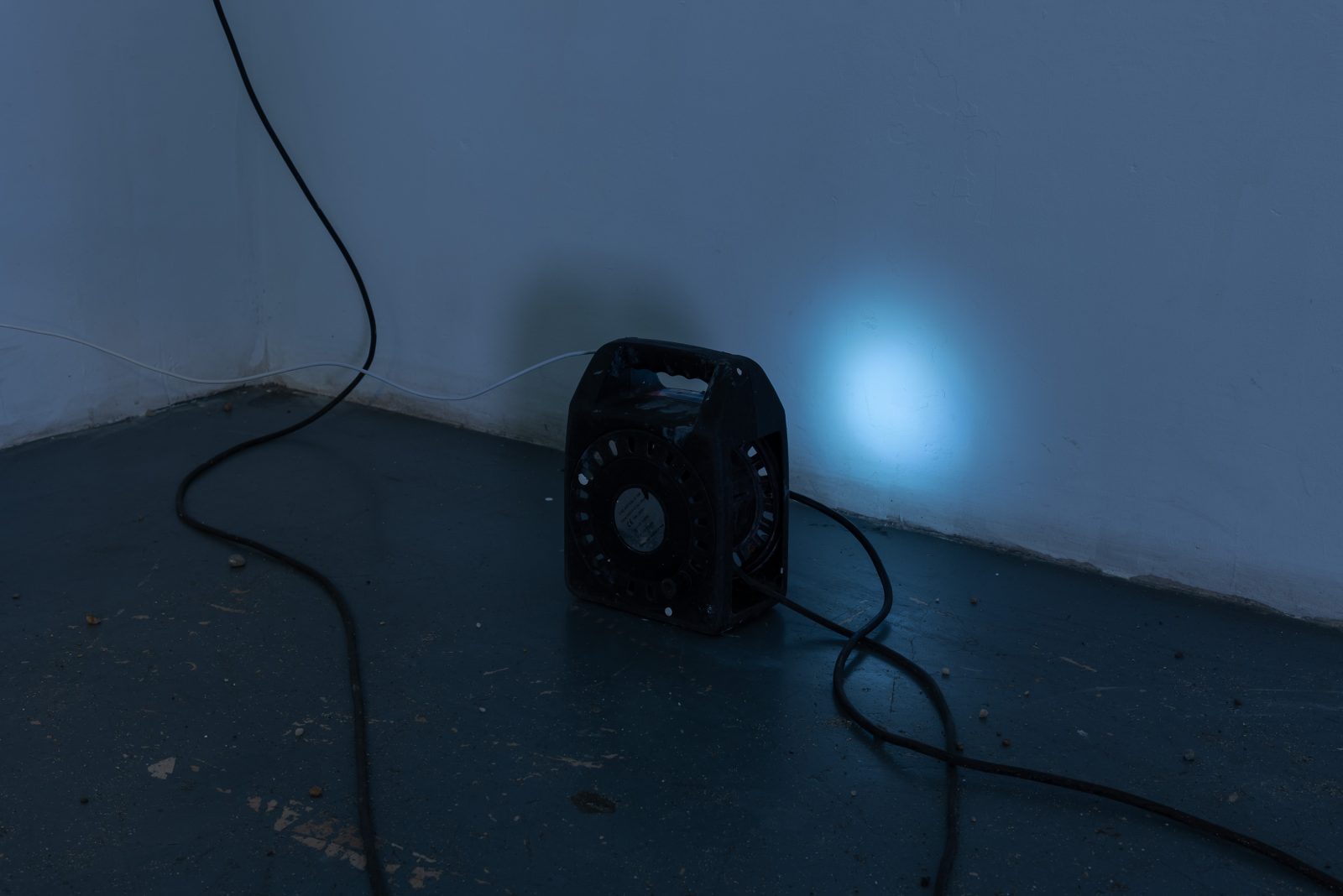
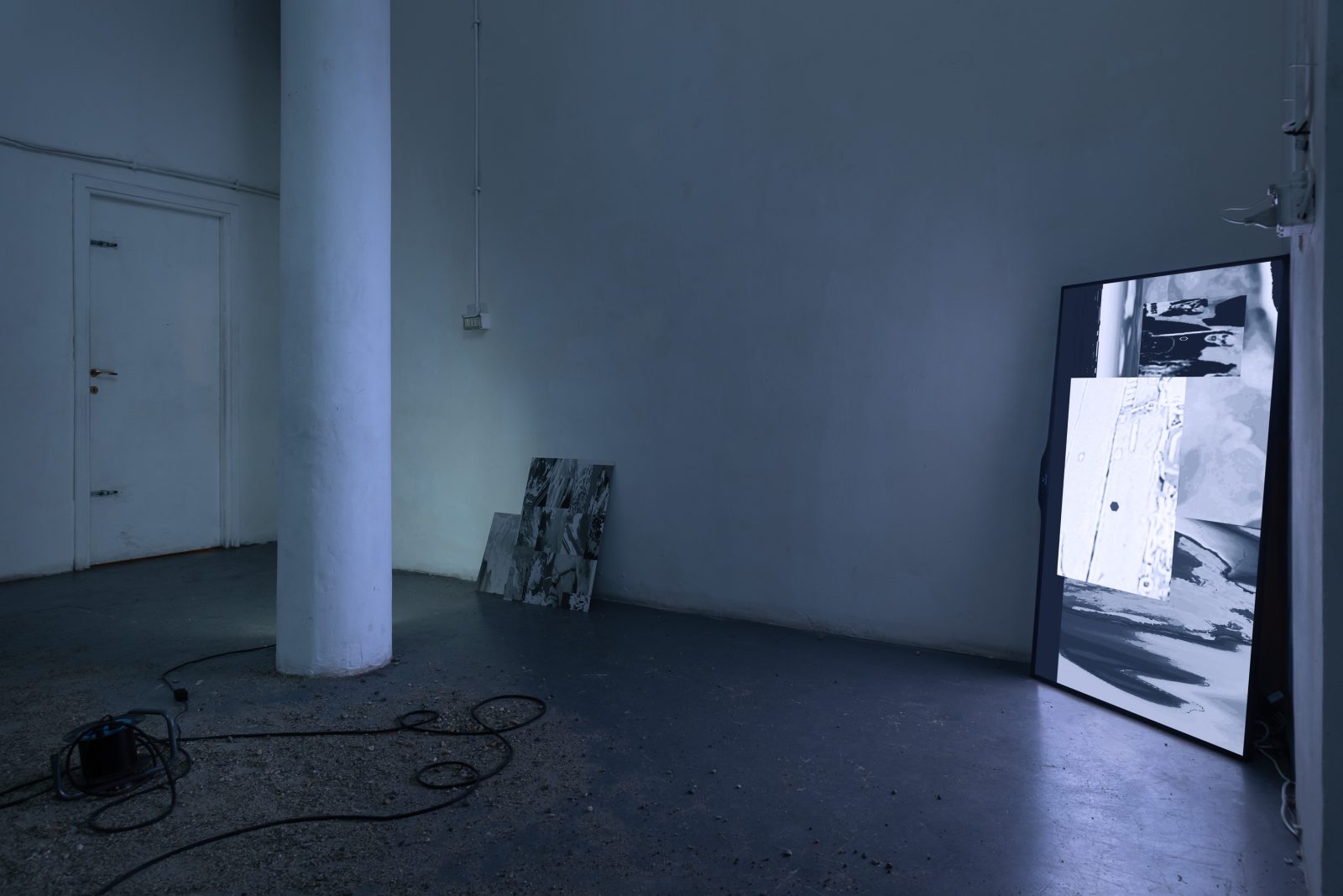
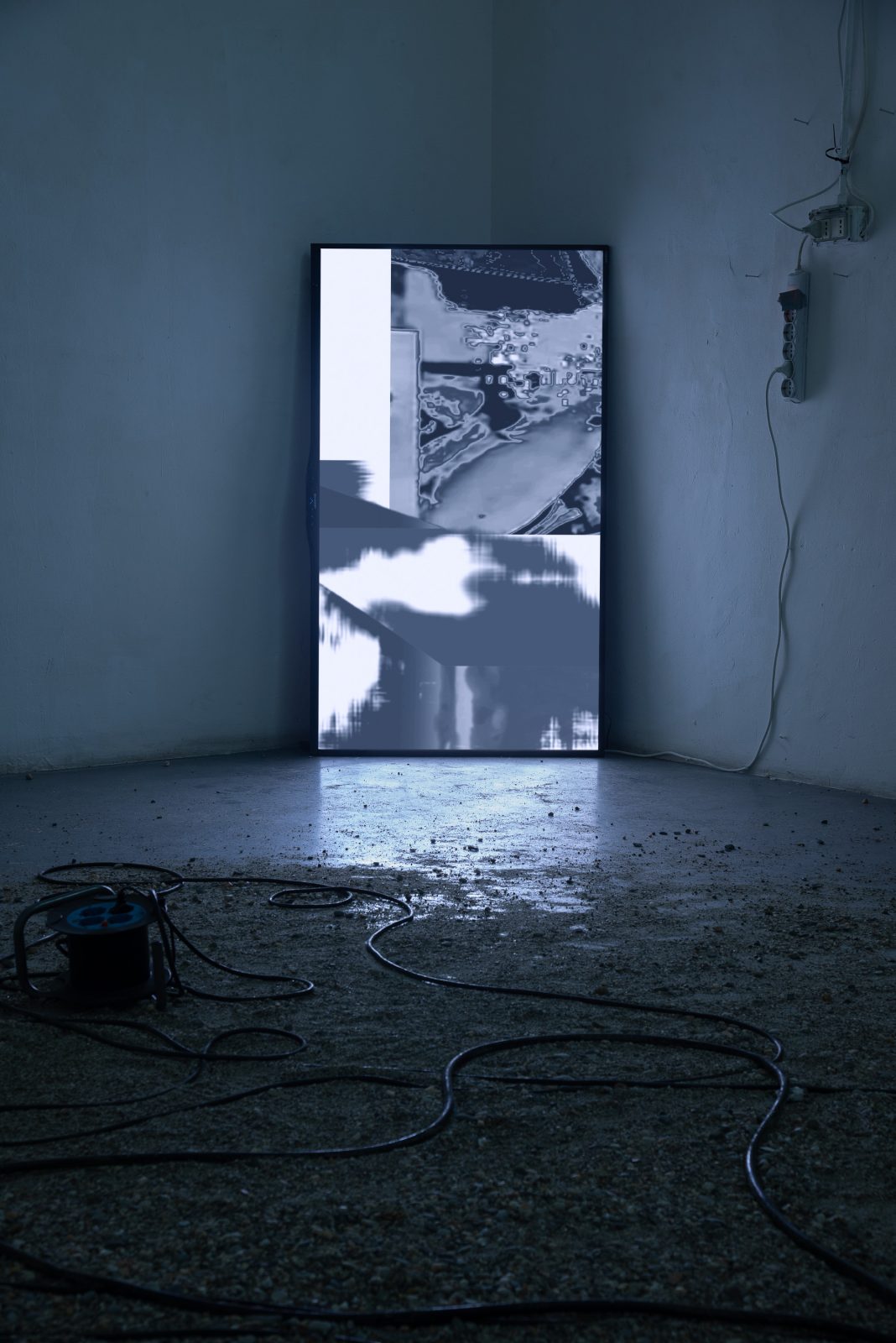
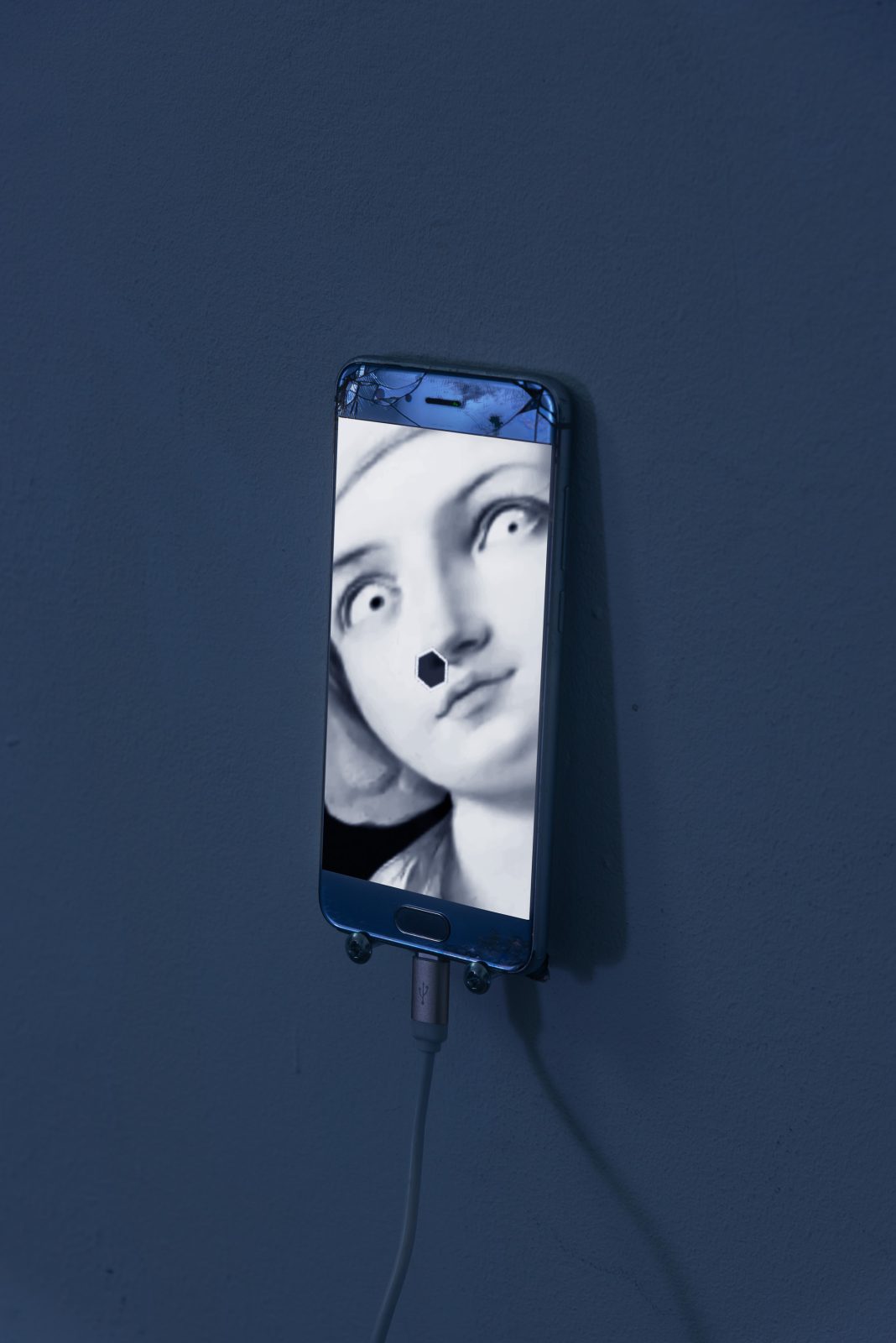
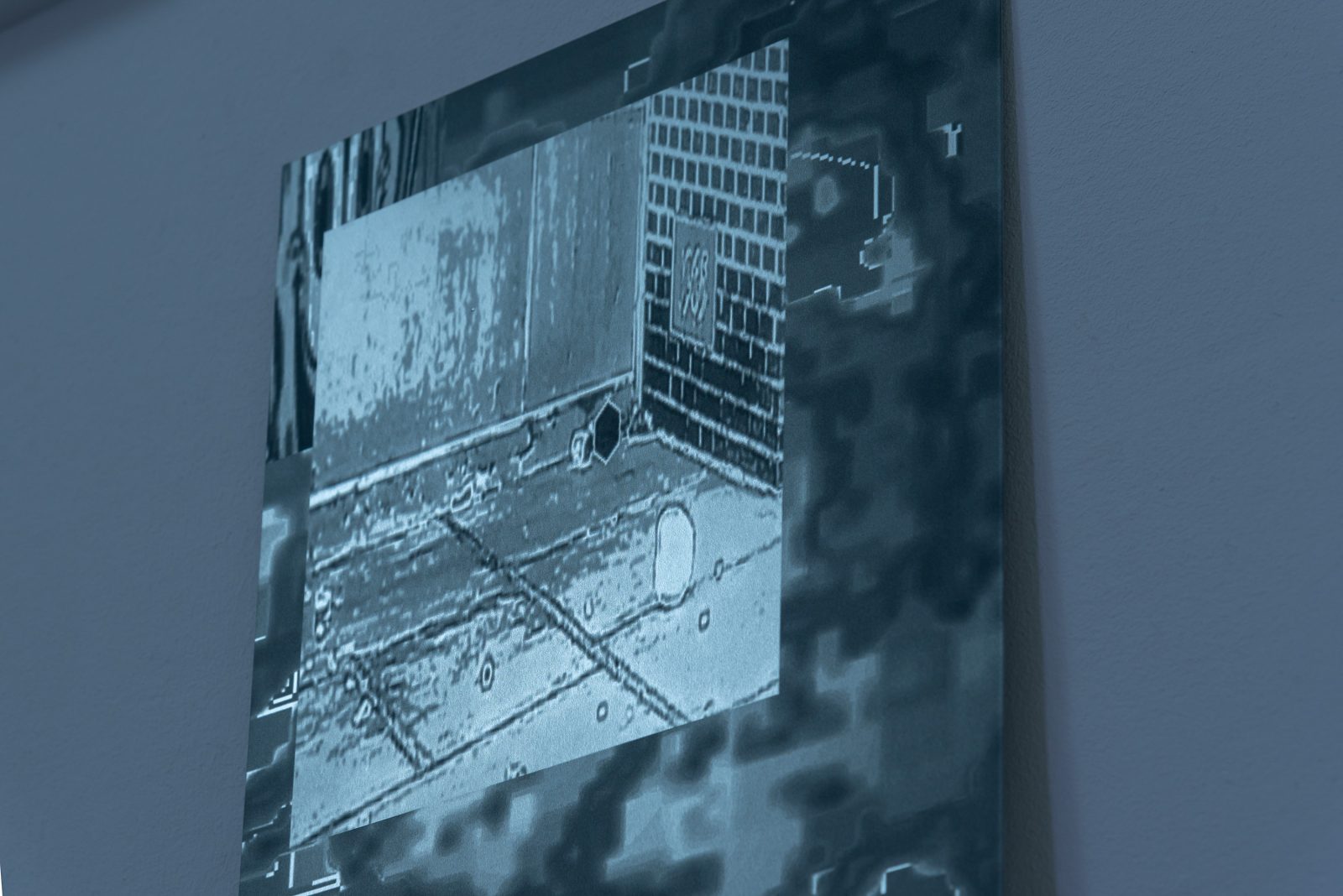
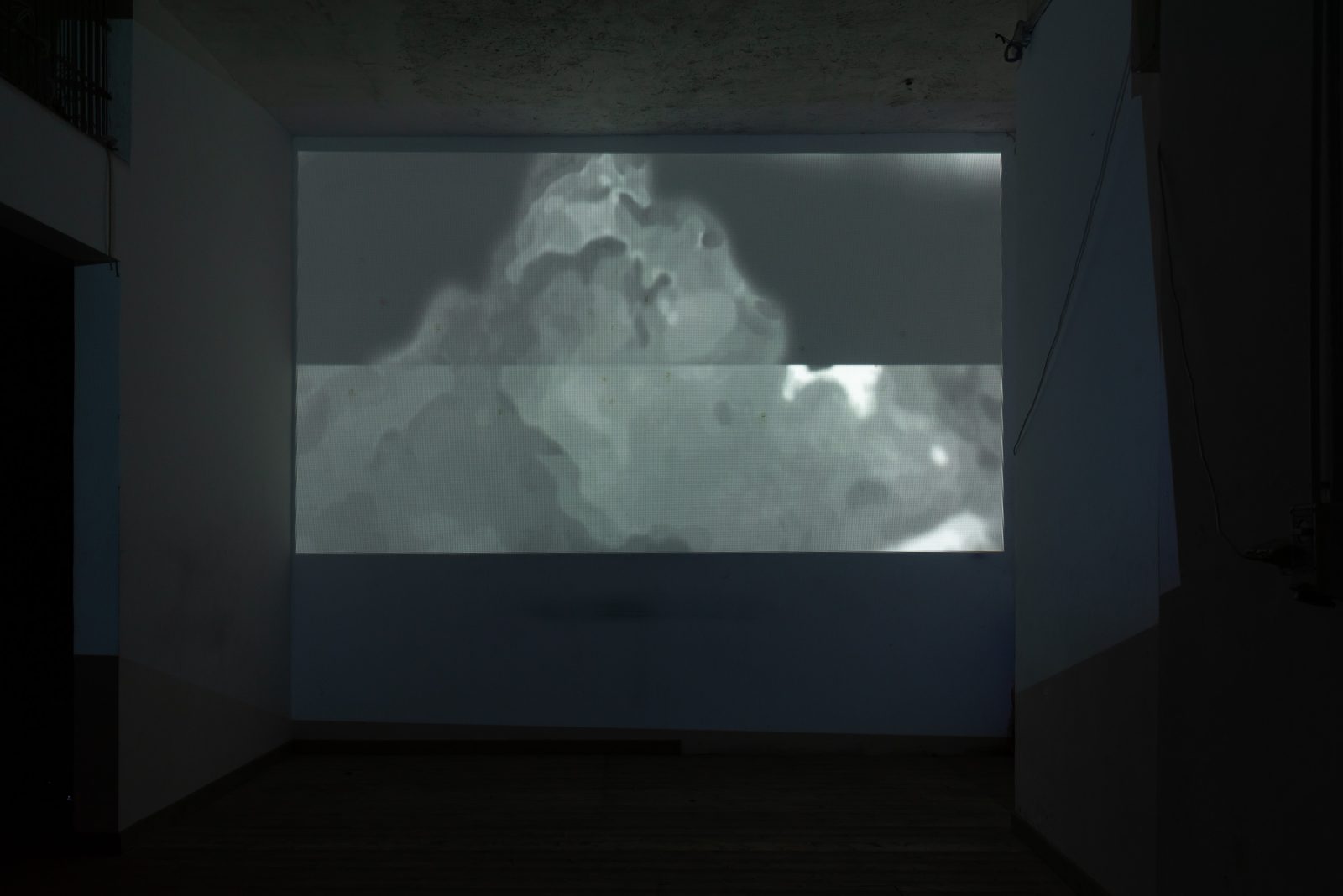
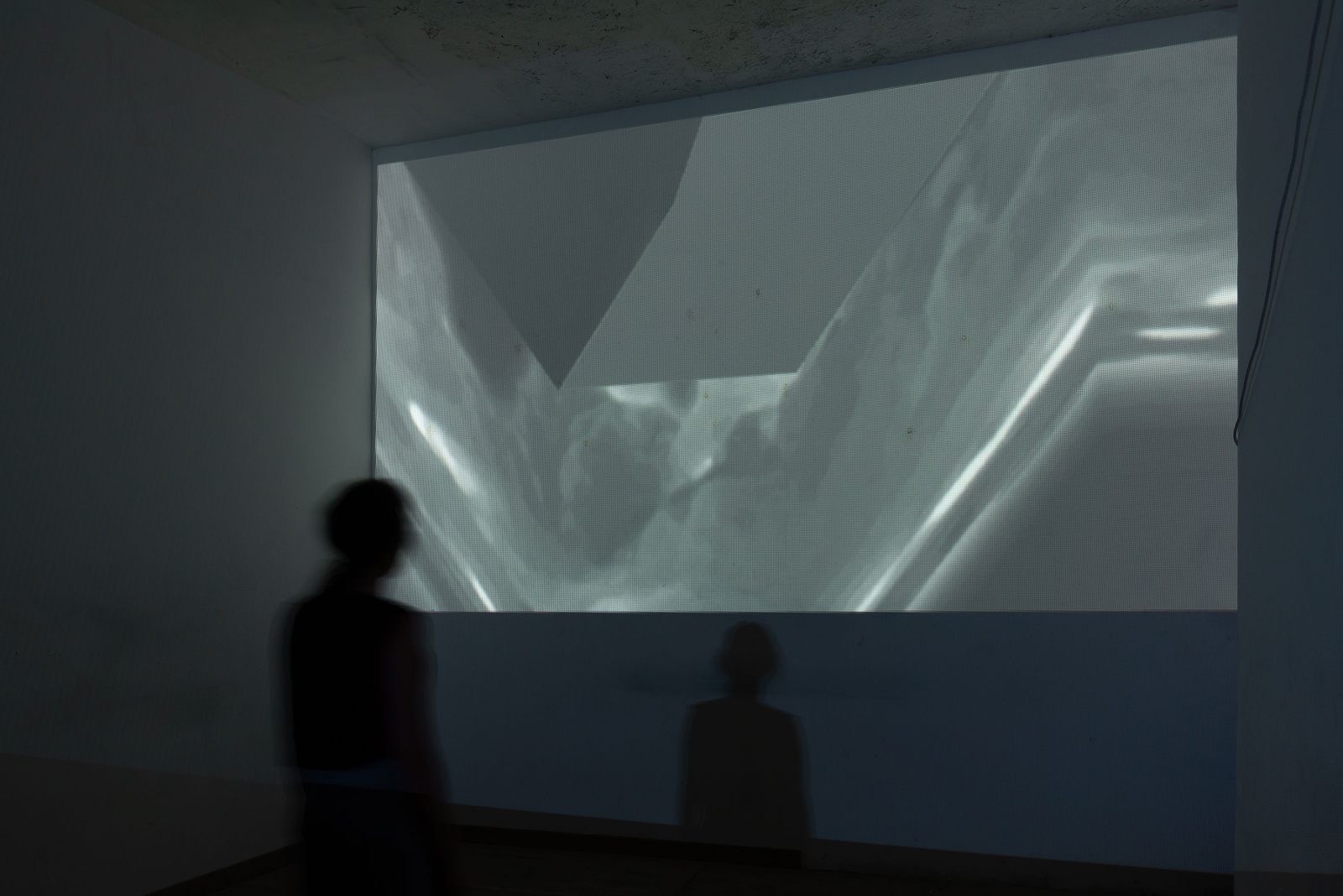
Uncharted Zone is a transdisciplinary project presented at Studio Drang (Rome, 23 May – 5 June 2025, curated by Ilaria Goglia) and later at Juxtapose Art Fair (Aarhus, Denmark, 13–15 June 2025) thanks to a collaboration between Studio Drang and Hidden Garage.
Blending philosophy, contemporary art, and digital technology, the project extends a research trajectory already explored in previous works, deepening the urgency of escaping a system that shapes bodies, identities, and desires. If there is no alternative to capitalism, then escape becomes creation: a radical strategy to reimagine reality through darkness, opacity, and error.
Within virtual worlds governed by algorithms, Uncharted Zone turns glitches and system failures into cracks of possibility. On the platform Voxels, an avatar is pushed beyond mapped limits through extreme coordinates, generating algorithmic short-circuits that open onto unmapped territories — alien spaces where references collapse and reality disintegrates into unstable forms.
Here, machine failure becomes an aperture: a liminal landscape of digital ruins emerges. Matter decomposes and recomposes outside the logic of domination, forming viscous environments inhabited by strange entities that animate new desires.
The exhibition unfolds on two levels. On the ground floor, works create an uneasy atmosphere where the visitor is both observer and observed. A looping video shows the avatar’s restless gaze, while on the opposite wall a smartphone plays another loop where figures stare back at the viewer. Who is watching whom—the human or the machine?
Screenshots printed on aluminum highlight Voxels glitches: vacant eyes, crosshairs pointing to dead ends—a short-circuit between icon, zombie, and avatar. The aesthetics of capture itself—screenshots and screen recordings—becomes material: everything archived, everything surveilled.
A subtle, dissonant soundscape spreads through the space, while sand on the floor acts as a sensory device, slowing movement and making the visitor aware of having stepped into an altered space, an uncanny terrain among the ruins of the contemporary world. Everyday technological objects (power strip, charger, courtesy light) acquire new, disquieting meanings; the courtesy light, instead of offering comfort, turns into a cold alien beacon.
Descending to the basement, visitors enter the “off-map”: a large-scale projection of endlessly disintegrating cloudscapes, generated by forcing the avatar until the system breaks. The result is an unfinished ecology, an opaque digital darkness resisting codification.
In Uncharted Zone, escape is not withdrawal but invention. It disarticulates the capitalist machine and opens worlds amid its ruins. The glitch landscape is not an error to fix but a condition of existence: a forest of opacity where subjectivities multiply and resist categorization.